Here’s the first section of T.S. Eliot’s FOUR QUARTETS, BURNT NORTON – but if you have ten minutes to spare, click here to hear Ted Hughes reading it, transforming the words on the page into breath and music with the satisfying hiss of a reel-to-reel tape recorder in the background.
Time present and time past
Are both perhaps present in time future,
And time future contained in time past.
If all time is eternally present
All time is unredeemable.
What might have been is an abstraction
Remaining a perpetual possibility
Only in a world of speculation.
As ‘any fule kno’, the poem meditates on the nature of time and the desirability and difficulty in focusing on the present moment. It encompasses the divine, subjectivity and loss, drawing on Eastern and esoteric Christian texts in its imagery.
So, it is about everything and everything pointed to it this past week.
Last Saturday, I had the pleasure of reading and writing poems with Lyn White and Judith Dimond at Aylesford Priory. They focused on the Peace Garden as a source of inspiration, but the whole site was a revelation for me – I had no idea that it was such an important place of pilgrimage. The roses aren’t yet open but T.S. Eliot’s line that they ‘Had the look of flowers that are looked at’ was ever-present as the flowers revealed themselves in new ways in response to our gaze.
On Tuesday, I spent the evening with two dear friends whom I met on my first ever writing course on the island of Skyros almost twenty years ago. It was one of those pivotal encounters, a fortnight of wild writing and bad behaviour where something opened us up dramatically. The three of us lived at a heightened, (and unsustainable of course), pitch. Back then, I had the sense of a great shift in my life – and something similar seems to be happening now. Yesterday, I was violently ill, I think with some kind of virus, and spent it alternately vomiting and horizontal, talking intermittently with my friend, in another timeless state. It wasn’t pleasurable like learning about creative writing in the Greek sunshine, but the altered state of illness offers something that is out of the normal busy, distracted round of activity, a time of ‘neither arrest nor movement …/Where past and future are gathered.’
And on Sunday, I saw the movie, A Late Quartet, which opens with Christopher Walken, playing a cellist diagnosed with Parkinsons, reading the lines above to his students. The film, although there are a few hackneyed moments, is a moving study of how groups (in this case a string quartet) function and fail to function when there are changes imposed from outside. Of course, there’s much more in the film about the role of music in the lives of the characters.
One of the blogs I follow is by Jane Davis of The Reader Organisation, a social enterprise devoted to making reading more central to life. Coincidentally, her latest post relates to gardens and organisational styles, and she uses the idea of an orchestra as an ideal model for structure.
I want to think more about all this and listen yet again to the ghost of Ted Hughes. Meanwhile, it’s cold and wet outside and I have an engagement. A bit of reality and time’s illusion are calling me. The blue tits nesting outside the window say ‘Go, go, go’.
5 Comments
Leave A Comment
You must be logged in to post a comment.



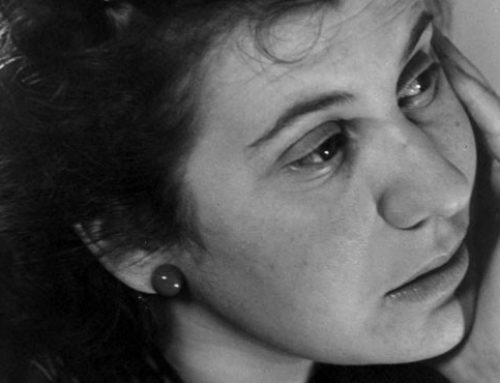
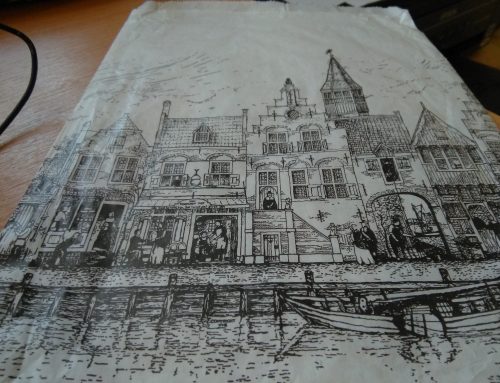

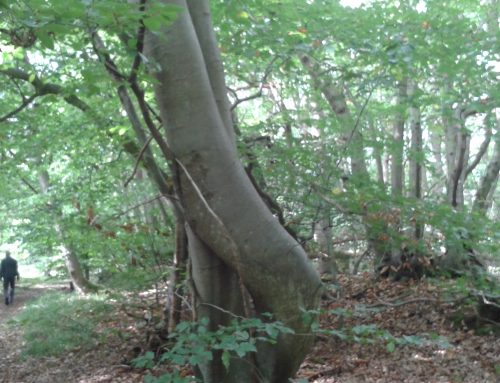
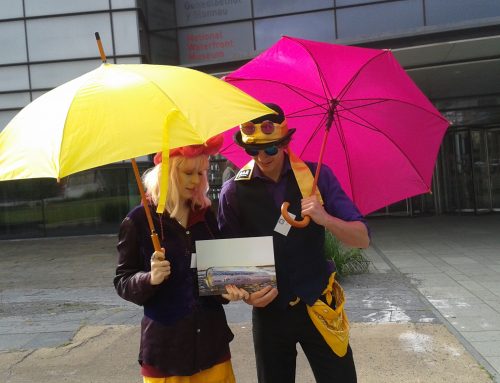
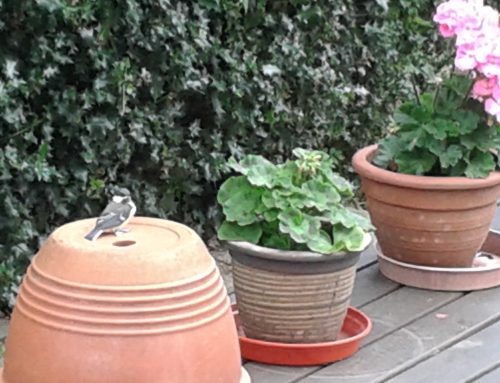


Hope you are feeling better Vicky – I re-read Burnt Norton – the audio gave out on me so finished it myself. It was good to be with Eliot again – that interior music, it is quite wonderful and of course what he has to say needs to be said again and again. Just had the Normandie experience which has set me up again to write. Going to be more thorough in my blogging you are a model for us all! X
Hi Brigid – please do blog more – I love reading your posts. Hope the retreat went well – I often think of le Moulin and everyone – hope to get back one day. Love to you
My first listening to Ted Hughes – and how I adore listening to poetry. As you said, the hiss of the recorded only added more. And the brushing of the air out of his lips was there, too, if you only listened closely. Years ago, I purchased a stereo system simply because I could hear the skin on the woman’s fingers as she snapped her 2nd finger against her thumb at the start of the cd. I had to purchase that cd as well, to keep hearing it over and over again. Hearing the poem is the tangible record of a person, whoever reads it. It probably brings me closer to Eliot as well. Being here, in this moment, with Ted Hughes is a lovely moment to be aware of. I have just finished A Tale For the Time Being, by Ruth Ozeki, which offers this about what a moment is: “A moment is a very small particle of time. It is so small that one day is made of 6,400,099,980 moments…” A snap of one’s fingers together equals 65 moments. “Everything in the universe is constantly changing, and nothing stays the same, and we must understand how quickly time flows by if we are to wake up and truly live our lives.”
And oh, my, I sure have to do more blogging! You are a great inspiration, Vicky!
Thanks so much for that response Nessa – I like that quote about time – such a paradox when it’s both linear and infinitely vast. Look forward to more on your blog. Love Vicky
When someone writes an piece of writing he/she
retains the image of a user in his/her brain that how a user can understand it.
Thus that’s why this article is outstdanding. Thanks!